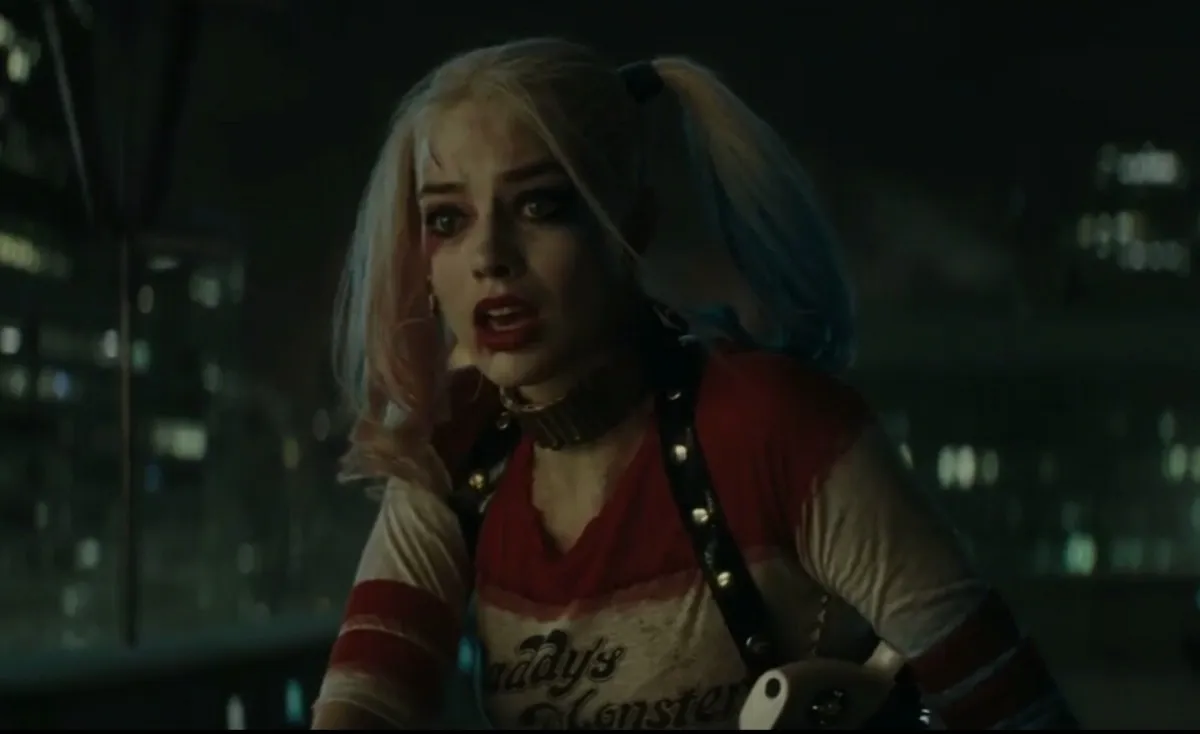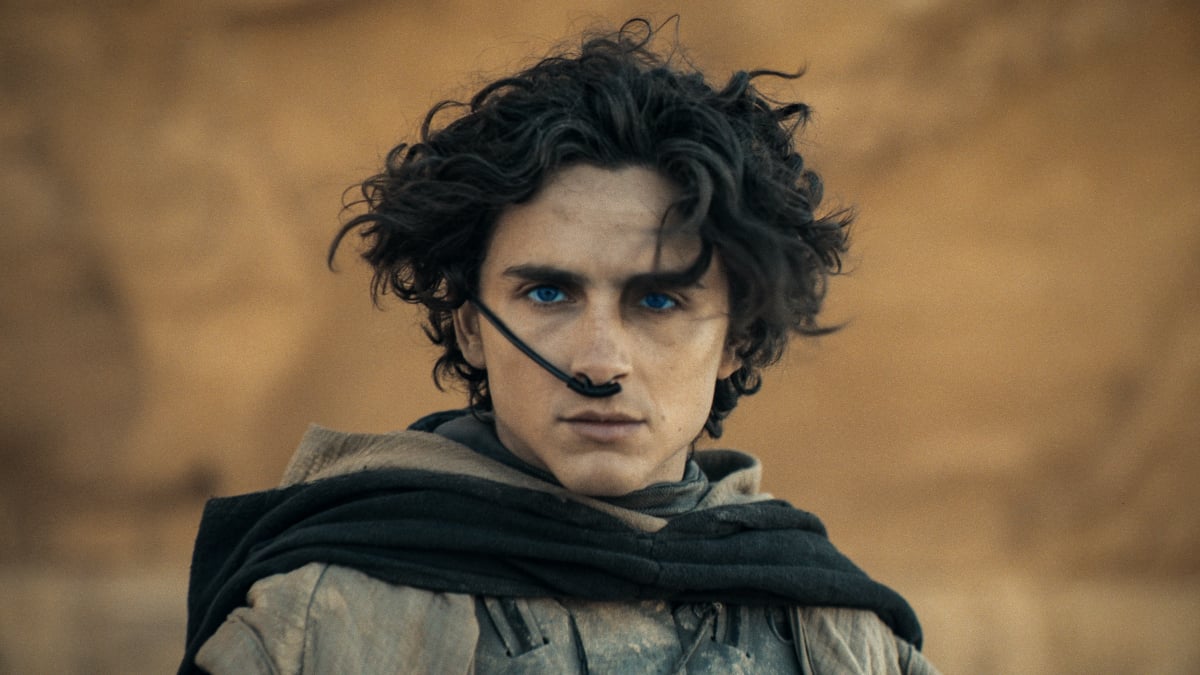The 2016 film Suicide Squad, directed by David Ayer, was the 10th highest-grossing film of 2016 and made a lot of money, yet it was part of a series of critically panned films from DC. While it introduced the world to Margot Robbie as Harley Quinn and Viola Davis as Amanda Waller, it also gave us Jared Leto’s Joker and … whatever the hell Enchantress was.
Still, I saw the film in theaters and own the extended cut. It was a film with a lot of potential that was bogged down by a weak story and an inability to let the bad guys be truly bad. In an Instagram post by Ayer, it seems like the director is hinting about a lot more changes than we previously knew about on the journey to getting the film made:
Movies are fragile. They are like dreams, haunting moments that run from your vision. They have their own logic and truth. If you change the destination after the trip is complete is it still the same journey? The spine of Suicide Squad was Harley’s journey. In many ways it was her movie, her escaping her relationship with Joker was the major emotional through line. A director holds an invisible compass in their hands. It guides every shot, every performance. That compass points to the destination. If the desintation changes did the journey even happen?
One of the things that bothered me about the theatrical cut of Suicide Squad was that it made it seem as though Joker and Harley had an equal partnership. Even in the extended clip of Harley and Joker, it hints at a much more romantic relationship, where Harley has a lot of autonomy about what she’s doing.
I think the vat scene has always been problematic because it does make it seem like Joker loves Harley. He spends all the movie trying to rescue her, and the final scene of the movie is him breaking into the prison they are being held and grabbing her like a princess in the tower. There is nothing in the movie that really goes into the toxicity of their relationship beyond one scene of her in the electric shock room with him. Overall, they’re painted as a dark, but romantic ideal—something they have never been.
Therefore, I wonder what exactly we didn’t see in Harley’s journey as written by Ayer, because what we got was nothing about Harley trying to escape the Joker—at least, not in the movie I remember. She never escapes; she only rejoins the Squad when she thinks Joker dies in a helicopter accident. I would have loved to have seen Harley’s journey to escaping Joker, especially because that would have made a more interesting story, but it seems like that destination was not to be.
How many things do you think Warner Bros. changed?
(image: Warner Bros.)
Want more stories like this? Become a subscriber and support the site!
—The Mary Sue has a strict comment policy that forbids, but is not limited to, personal insults toward anyone, hate speech, and trolling.—










Published: Nov 4, 2019 3:54 PM UTC